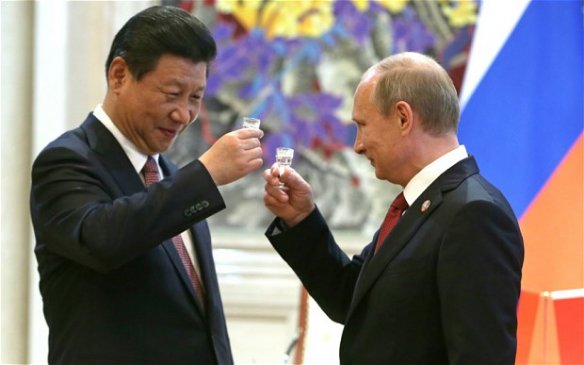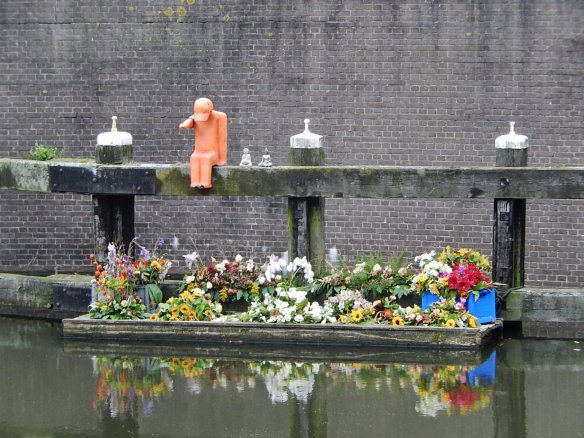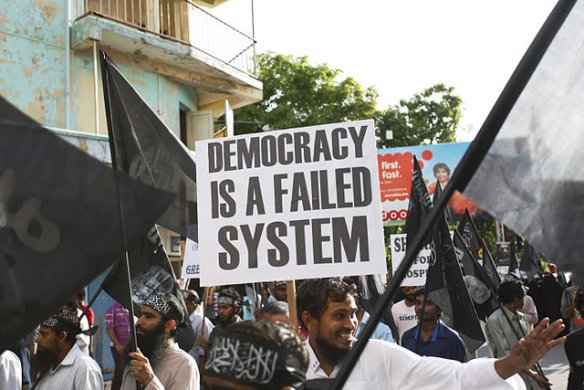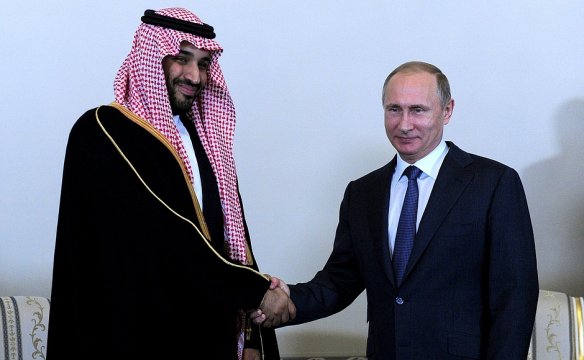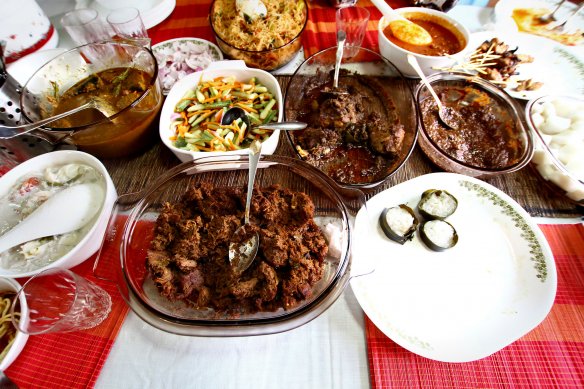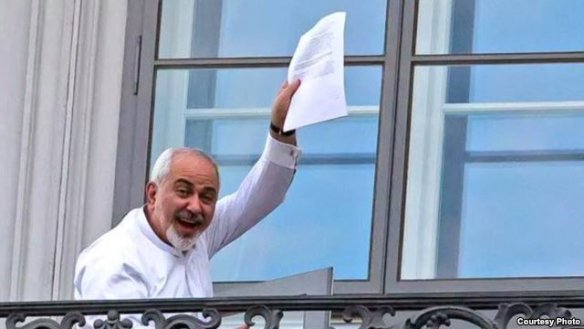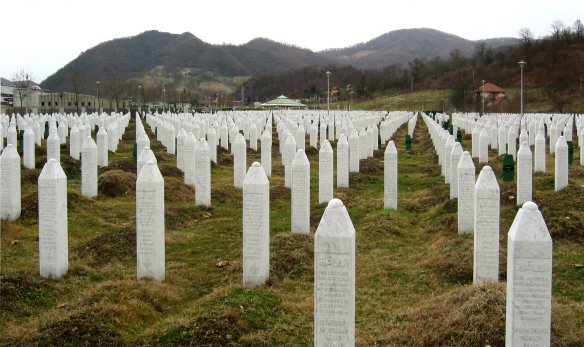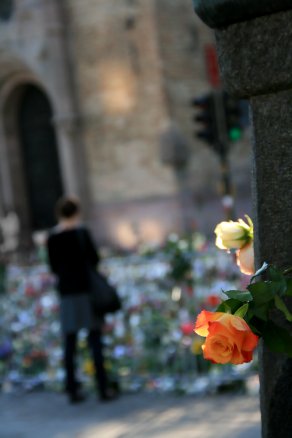
Streets of Oslo following 22 July 2011. Photo: Jørgen Carling, PRIO
Four years have passed since the biggest terror attacks on Norwegian soil during peacetime. Once again we are solemnly commemorating the dead and expressing our solidarity. The debate about the potential uses of the actual sites that were affected is also very much alive and continuing. But are there other debates that we also need to have?
Our research for the NECORE project focuses on discourses, negotiations, identity and resilience in Norwegian society after the terror attacks of 22 July 2011. In our research, we consider among other things the four important debates described below – and different ways of approaching them.Read More
